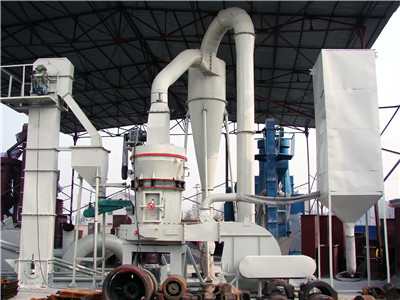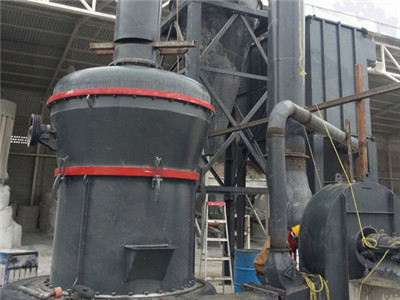 WhatsApp
WhatsApp


Limestone acts as a flux in cement manufacturing, reducing the melting point of raw materials and increasing the reactivity of cement. It helps to lower the melting point of raw materials in the kiln, and also helps to improve the heat resistance of the resulting cement. Limestone acts as a flux to reduce the melting temperature of raw materials in the kiln to form calcium silicate and calcium aluminate.
Provides a source of calcium (Ca) and magnesium (Mg) for the clinker phase of cement. Limestone helps reduce the amount of energy and fuel required in the cement manufacturing process. Limestone helps reduce the energy required to produce cement, making it a more cost-effective material for cement production.

Limestone is used as an additive in cement production to help increase its strength and durability. Reacting with silica (SiO2) in the clinker phase to form aluminates and silica, the limestone helps to improve the homogeneity of the cement for a more consistent product. Limestone is used as a filling material in cement manufacturing, which helps to reduce production costs and also improves the workability of cement.
Limestone helps reduce the amount of alkali in the cement, which increases the durability and strength of the finished product. Limestone is used in cement manufacture as a source of calcium oxide (CaO), which aids in its setting time and strength development.
Limestone also acts as a filler material, helping to reduce the amount of cement needed to produce concrete of equal strength.
